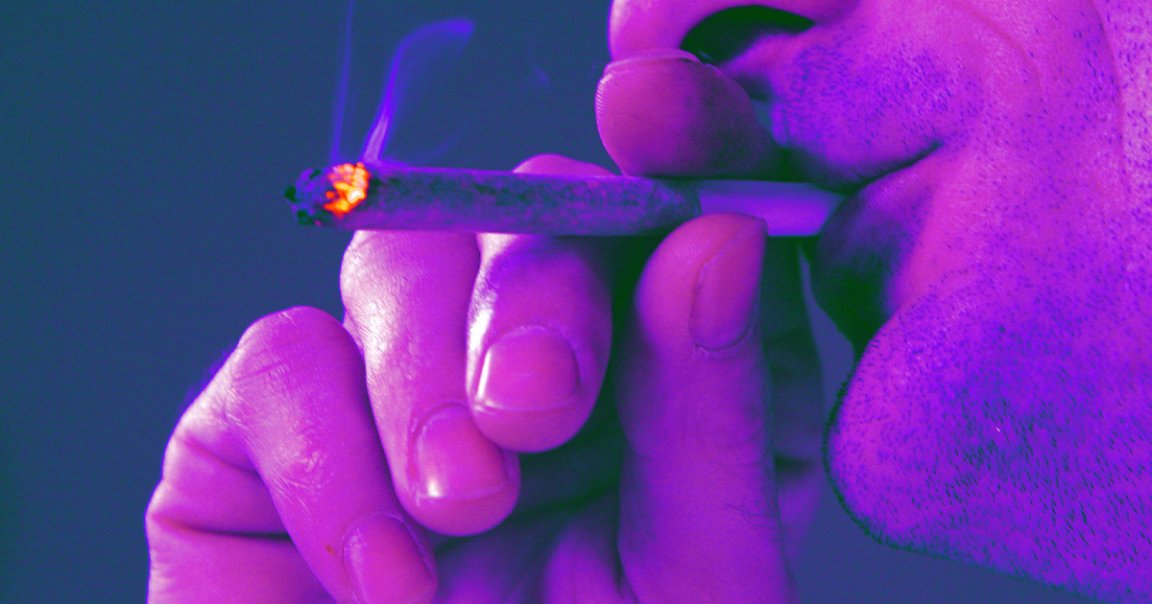
Cafe Culture
Starting in January, Californians will be able to enjoy cannabis Netherlands-style thanks to a newly passed bill legalizing weed cafes.
As the Los Angeles Times reports, governor Gavin Newsom has signed into law Assembly Bill 1775, which will allow existing dispensaries to make and serve hot food, sell nonalcoholic drinks, and host live performances in a push that some lawmakers hope will reinvigorate the state’s nightlife.
“Cannabis cafes are going to be a huge part of the future of cannabis in our state, and help to beat back the illegal drug market,” boasted Assemblymember Matt Haney of San Francisco, who authored the bill, in an interview with the LA Times.
According to California’s cannabis control department, the cannabis black market is still larger than its legal counterpart.
“Right now, our small cannabis businesses are struggling to compete against illegal drug sellers that don’t follow the law or pay taxes,” Haney continued in an interview with Agence France-Presse. “In order to ensure the legal cannabis market can survive and thrive in California, we have to allow them to adapt, innovate and offer products and experiences that customers want.”
Staunch Opposition
Despite the proposed legal and economic benefits, however, many powerful players are not on board with the cannabis cafe push in California. Chief among them is the American Cancer Society’s advocacy branch.
“Secondhand marijuana smoke has many of the same carcinogens and toxic chemicals as secondhand tobacco smoke,” the ACS’ Cancer Action Network statement reads, pointing to a landmark 2007 study that found little differentiation between the toxicity of cannabis and cigarette smoke in a lab setting.
Jim Knox, the managing director of the ACS’ Cancer Action Network, told the LA Times that allowing indoor cannabis cafes will allow people to “smoke in a restaurant for the first time in 30 years.”
“That is a big step backward,” he said.
While proponents insist that the latest language of the bill allows for greater worker protections from secondhand cannabis smoke — including giving local governments the ability to impose ventilation restrictions — than the previous one that Newsom vetoed, Knox is still calling foul.
“There is very well-established science and industry knowledge that you cannot isolate smoke — it can’t be done,” Knox said, without citing any specific studies. “The only way to prevent migration of smoke is to not allow smoking.”
In that sense, he’s right — though one could wager that anyone who works at or visits a cannabis cafe is signing up for said secondhand smoke risk.
More on smoke: Teens Who Vape Show Higher Levels of Uranium and Lead, Scientists Find